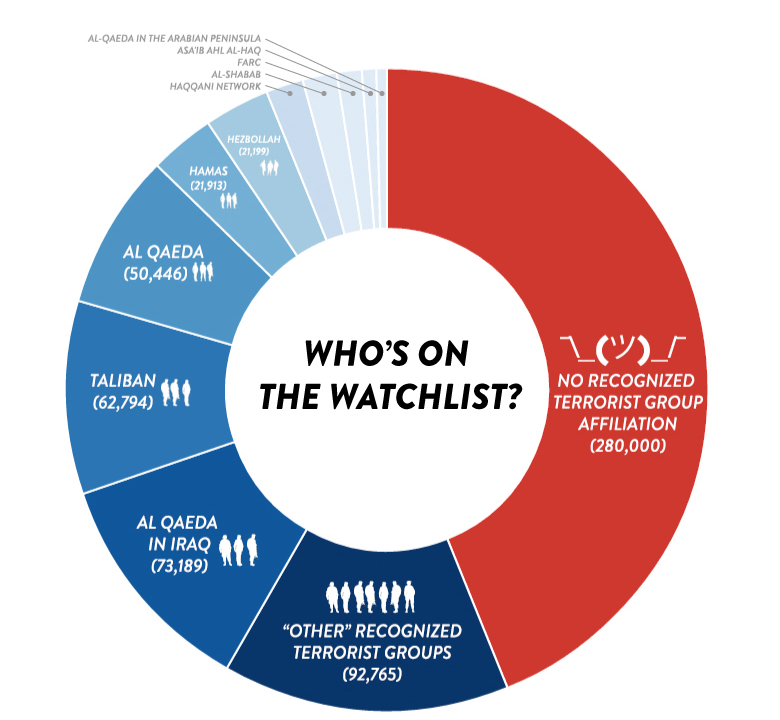Back in 2012, Mark Steyn wrote about the plight of individual Jews in Europe, as the various national governments seemed unable to prevent violent attacks on Jewish businesses, schools, synagogues and individual Jews. He’s reposted the original column, as it’s even more relevant today than it was then:
If the flow of information is really controlled by Jews, as the Reverend Jeremiah Wright assured his students at the Chicago Theological Seminary a year or two back, you’d think they’d be a little better at making their media minions aware of one of the bleakest stories of the early 21st century: the extinguishing of what’s left of Jewish life in Europe. It would seem to me that the first reaction, upon hearing of a Jewish school shooting, would be to put it in the context of the other targeted schools, synagogues, community centers, and cemeteries. And yet liberal American Jews seem barely aware of this grim roll call. Even if you put to one side the public school in Denmark that says it can no longer take Jewish children because of the security situation, and the five children of the chief rabbi of Amsterdam who’ve decided to emigrate, and the Swedish Jews fleeing the most famously tolerant nation in Europe because of its pervasive anti-Semitism; even if you put all that to the side and consider only the situation in France… No, wait, forget the Villiers-le-Bel schoolgirl brutally beaten by a gang jeering, “Jews must die”; and the Paris disc-jockey who had his throat slit, his eyes gouged out, and his face ripped off by a neighbor who crowed, “I have killed my Jew”; and the young Frenchman tortured to death over three weeks, while his family listened via phone to his howls of agony as his captors chanted from the Koran… No, put all that to one side, too, and consider only the city of Toulouse. In recent years, in this one city, a synagogue has been firebombed, another set alight when two burning cars were driven into it, a third burgled and “Dirty Jews” scrawled on the ark housing the Torah, a kosher butcher’s strafed with gunfire, a Jewish sports association attacked with Molotov cocktails…
Here’s Toulouse rabbi Jonathan Guez speaking to the Jewish news agency JTA in 2009: “Guez said Jews would now be ‘more discreet’ about displaying their religion publicly and careful about avoiding troubled neighborhoods. … The synagogue will be heavily secured with cameras and patrol units for the first time.”
This is what it means to be a Jew living in one of the most beautiful parts of France in the 21st century.
Well, you say, why are those Jewish kids going to a Jewish school? Why don’t they go to the regular French school like normal French kids? Because, as the education ministry’s admirably straightforward 2004 Obin Report explained, “En France les enfants juifs — et ils sont les seuls dans ce cas — ne peuvent plus de nos jours être scolarisés dans n’importe quel établissement“: “In France, Jewish children, uniquely, cannot nowadays be provided with an education at any institution.” At some schools, they’re separated from the rest of the class. At others, only the principal is informed of their Jewishness, and he assures parents he will be discreet and vigilant. But, as the report’s authors note, “le patronyme des élèves ne le permet pas toujours“: “The pupil’s surname does not always allow” for such “discretion.”




